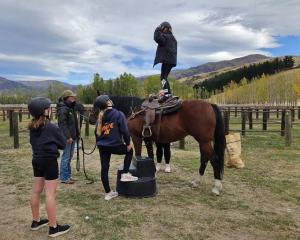
With the Matariki cluster arriving, te Mātahi o te Tau, the Māori New Year begins. Like many aspects of Māoridom once believed to be lost to history, it has not only experienced a resurgence in recent years but has also found a place in modern society where it takes on new meaning and shines as an example of biculturalism. This celebration weaves together two peoples and strengthens our unique national identity.
Historically and in the 21st century, Matariki is a time to reflect on the year that has passed since its last rising and to look to the year to come. I find this to be a peaceful time that helps me to refocus on my goals midway through the Gregorian calendar year and to reflect on the year so far.
However, reflecting with a local government lens, as I so often do, it has been a difficult time for us all. I’m speaking not only of rates rises that we see every day in the media but also of fundamental changes that risk undoing much of the positive work in the revitalisation of Māori culture since the fourth Labour government. The removal of te reo from the state sector, referendums on Māori wards, and rhetoric from leaders that divide us do not reflect who I believe we have become as a nation. Nor do they represent the views and feelings of younger generations. Look at any school kapa haka group. They truly represent Hiwa-i-te-rangi, the longing for improvement and the yearning for growth.
Looking forward to the year to come, I remain hopeful that despite the challenges we face, the winds of Ururangi will bring change and unity. We see from the success of Matariki that one culture does not have to dominate the other. They can co-exist and bring out the best in each other, sharing in an Aotearoa/New Zealand that we can all be proud of.
For anyone reading this, here is my challenge to you: let your worries and fears of partnership between Māori and non-Māori wash away in the rain of Waipunarangi. If we take this journey together, we will all be better off, and our future will shine as brightly as Matariki herself. Because ‘‘kia kotahi te kaihoe i te waka, kia ū ki uta (only by rowing our canoe in unison, will we reach our destination)’’.













